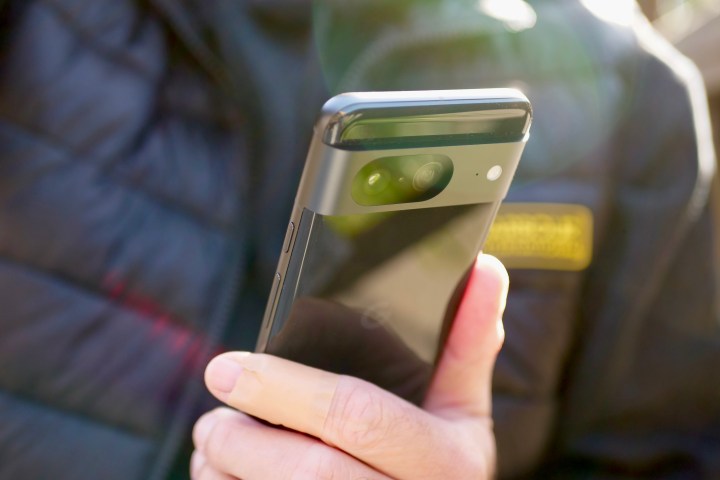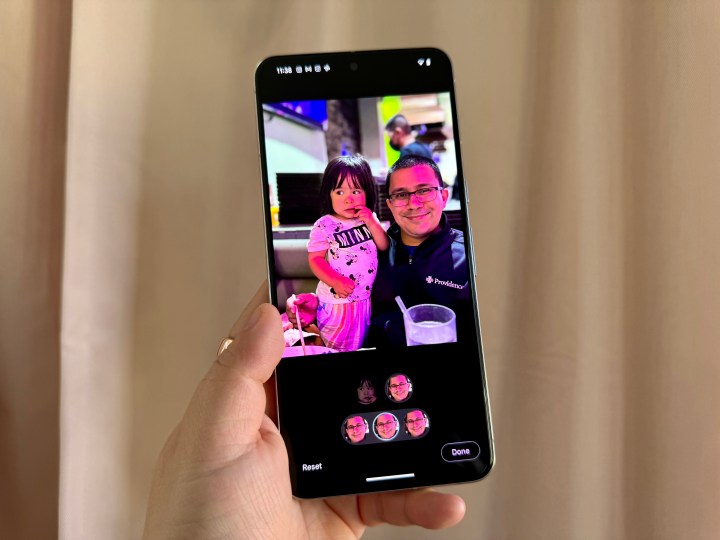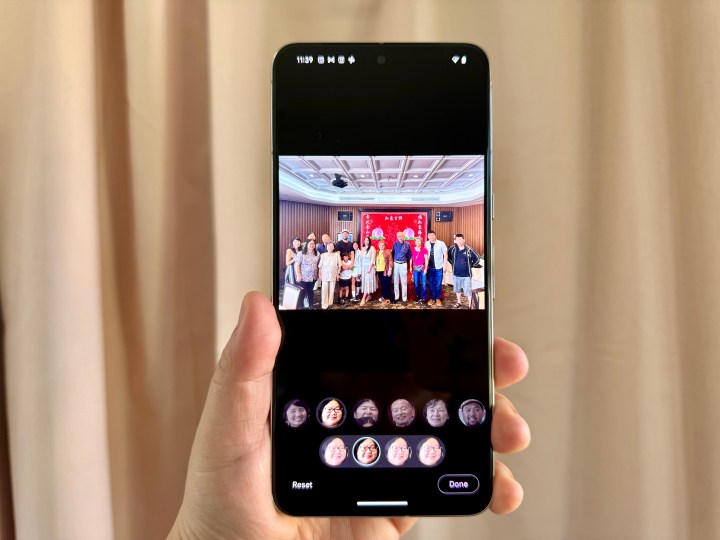
Google released the next generation of Pixel devices recently, including the Google Pixel 8 and Google Pixel 8 Pro. These have been the best Pixel smartphones in a while, as they pack the improved Tensor G3 chip inside, better cameras, brighter displays, and more — all in a slightly updated design. I’ve been using the phones for a couple of weeks now, and I really like what Google’s done with them.
But Google also added some more photo editing capabilities to the Pixel 8 lineup, with a heavy reliance on AI with the Tensor G3 chip. While these AI-heavy editing tools can help you chase perfection, they shouldn’t be relied on too heavily or abused.

One of Google’s first AI photo editing tools was Magic Eraser, which debuted on the Pixel 6 series and is now a feature that’s available for all Google One subscribers, including iPhone users. With Magic Eraser, you can erase unwanted and distracting parts of a photo, such as random people in the background, wires and cable lines against the sky, etc. It’s a great editing tool that cleans up your photos.
With the Pixel 8, Google revealed two more AI photo editing tools: Magic Editor and Best Take.
Magic Editor gives you even more ways to manipulate an image, such as removing or shifting objects around or changing how the sky or bodies of water look. Removing objects is similar to Magic Eraser, but Magic Editor uses AI to generate a replacement background instead of just softening and smoothing the area where an object was removed.

Best Take is the other AI tool, which uses a series of similar photos that you’ve taken. Best Take analyzes the faces in those photos and allows you to swap faces in the image that you’re editing. This is especially useful when you’re taking group photos, which you typically need to take several of because someone blinks or isn’t looking at the camera or has moved slightly — you get the picture. With the Best Take tool, you can create the best overall photo by using the best faces from other images.
These AI tools are certainly impressive and can help you create the perfect photo, no doubt. But you know what they say: with great power comes great responsibility.
… and they also make me worried

When I was younger, I would often take photos as a hobby to create something artistic. I would have appreciated more AI tools back then, of course, as it would’ve helped me create that “perfect shot.”
But nowadays, I have a bit more of a skewed perspective. Since I met my husband and we have a kid now, I am often taking photos to capture the memory rather than create art. The memories are important to me because time is fleeting, and I often spend time looking back on the photos that I’ve captured, especially of my daughter. I also have a tendency to forget things sometimes, so having a photo to look back on helps me remember those moments in time.
When I look back on my photos five, 10, or even 15 years from now, I want to remember all the details of that moment, even if it wasn’t perfect. In fact, sometimes it’s the imperfections that make it even more memorable.
I’m sure many people will be making use of the Magic Editor and Best Take features, and that’s fine! But let’s try not to alter every moment to make something appear “perfect” when it doesn’t need to be.
Editors’ Recommendations
Credit: Source link

Comments are closed.